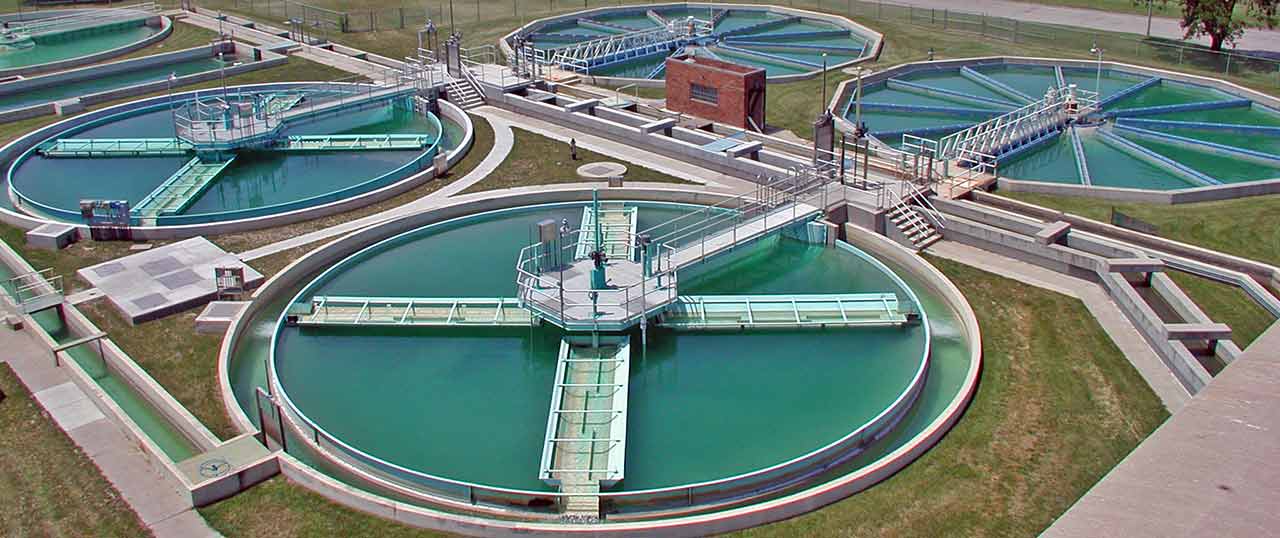
IS MY WATER SAFE?
This question is asked by millions of indiviuals. In most cases the answer is “Yes”. If you have a water quality problem, there are a number of things you can do to identify substances.
Water Testing
Consider testing your water if…
- you have read about or suspect organic or lead impurities
- your water source is a private well not monitored by the EPA
- you want more accurate data on your specific water coming into your business or residence than what is provided by federal water reports.
If you decide to have your water tested, select a reputable laboratory. Your provincial or municipal water facilities or local health department may be able to refer you to a good lab or process your samples for you. Another option is to invest in a quality drinking system that removes a wide range of impurities.
Did you know?
Once a year, all public water suppliers are required to publish Consumer Confidence Reports to notify people of water quality issues.
Is it enough ??
- The EPA has identified around 2,000 potential drinking water substances in a random sampling, yet municipal water supplies are only required to test for far less.
- 1 in 100,000 and 1 in 1,000,000 are permissible levels of risk of death or disease for certain substances regulated by the EPA.
- The EPA governs the nation’s public water supplies that have 15 or more hookups of those that serve 25 or more persons. Private wells and small systems are not monitored by the EPA.
- Water quality can vary from day to day, so test results may be erroneously alarming or reassuring.
- Water is usually tested at the plant, but some impurities may be picked up on the way to your home.
